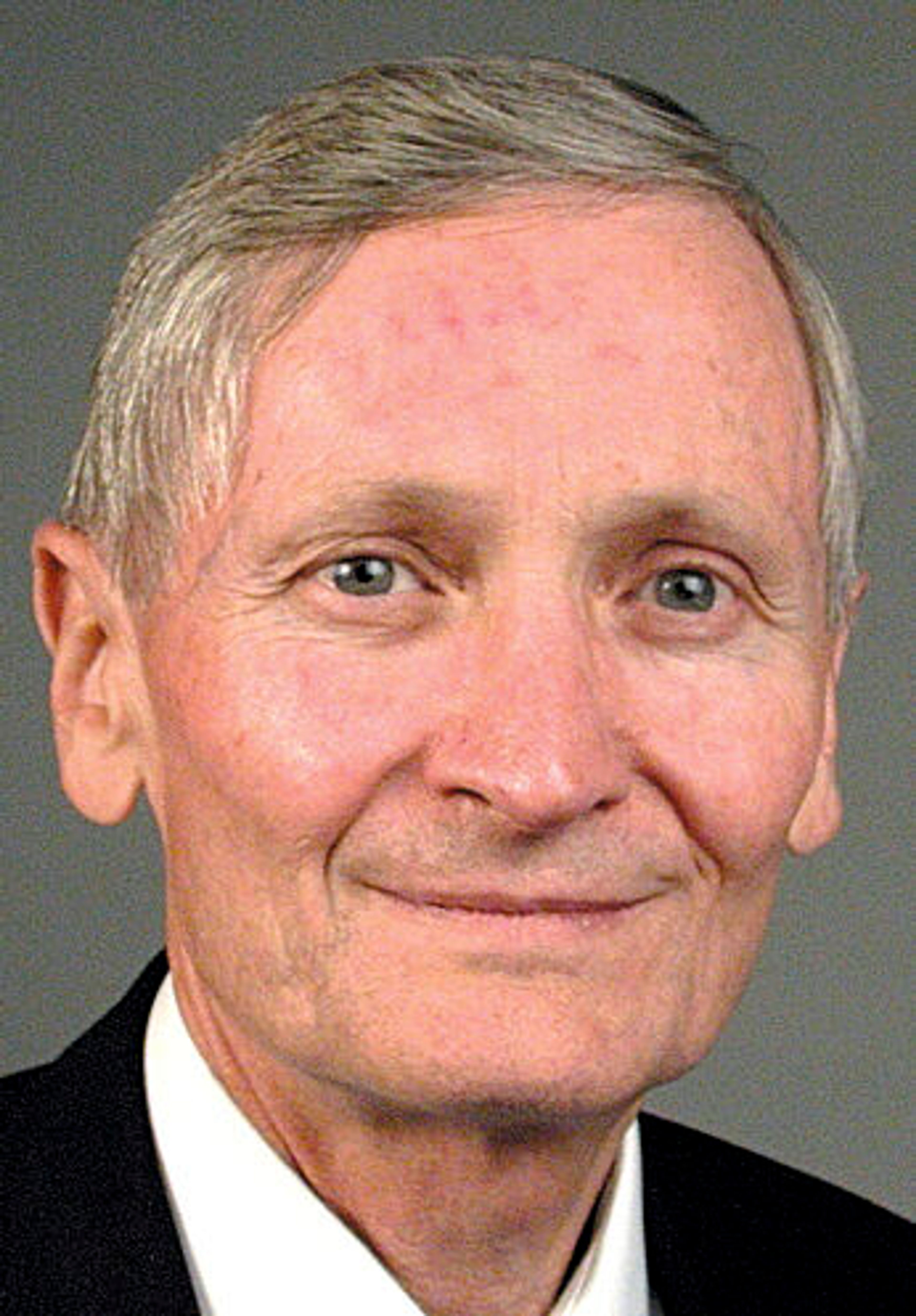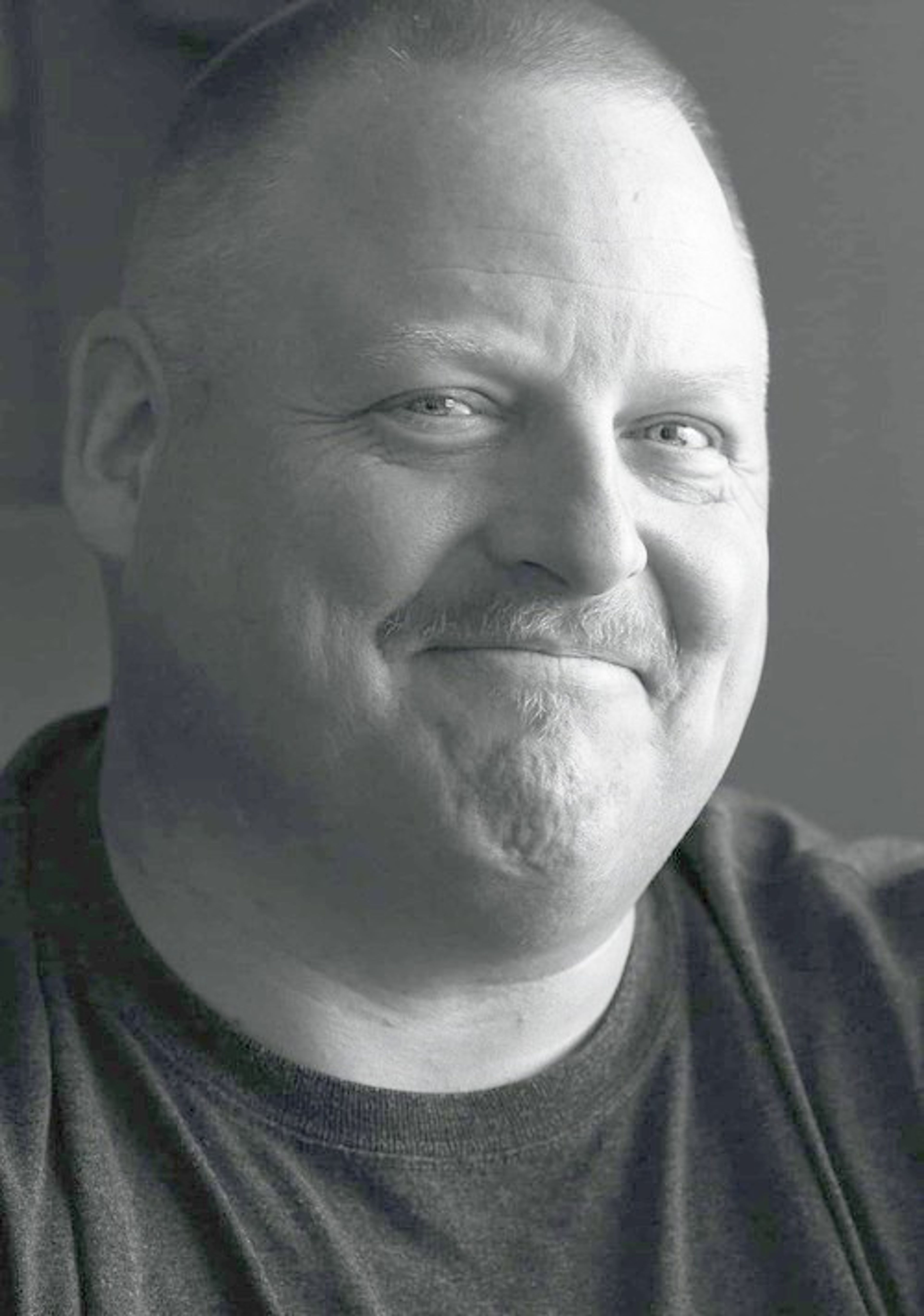On July 4, 1776, the Second Continental Congress adopted a remarkable declaration, proclaiming the 13 American colonies to be free from British control. The delegates famously stated: “We hold these truths to be self-evident, that all men are created equal, that they are endowed by their Creator with certain unalienable Rights, that among these are Life, Liberty and the pursuit of Happiness.”
The 56 colonial signers listed 27 grievances against King George III that caused the split with Great Britain. They were fully aware that they were placing their lives and fortunes at great risk because the King was bound to use force of arms to squelch the rebellion. Nevertheless, they concluded the declaration, “we mutually pledge to each other our Lives, our Fortunes and our sacred Honor.” They were united in the struggle to gain the blessings of liberty for the colonists and their descendants, no matter the cost.
We won that fight and established a government of the people, by the people and for the people. Our ancestors bestowed those hard-won rights upon us and we now enjoy more freedoms than any other society on Earth. Why is it, then, that we are no longer united? Why are we at each other’s throats, rather than working together to achieve greater heights for our country and its people?
Benjamin Franklin provided the answer to a woman who asked him what had been achieved by the Constitutional Convention of 1787. She asked, “what have we got, a republic or a monarchy?” He replied, “A republic, if you can keep it.” Franklin was obviously not putting the onus on the lady, Mrs. Powel, to keep the republic. The “you” he referred to was all of us.
Franklin knew future generations would lose this exceptional form of government if they did not work hard to keep it. It would take the same kind of unity, sacrifice and commitment that drove the declaration signers to make the break with Great Britain. We can’t just sit on our hands and take our nation’s blessings: Every citizen is obligated to contribute to the preservation of our democracy. When one does not have to pay a price for a precious thing, its true value may not be appreciated.
We too often take our freedoms for granted. Many of us do not know how government works or what to do if it is not working effectively. Others do not keep up with what is going on in society or know how to address serious societal problems. Too many don’t vote. Few serve this great nation.
We could take a cue from those who signed the declaration and pledge to do more to serve and improve our country. Strengthening civic education in our schools would help. Our youngsters should learn more about governing and their responsibility to work cooperatively to improve our system of government.
Everyone should have the opportunity to serve their country in some role. Military training should be made available to more young men and women to relieve the strain on our volunteer force. There are many things young Americans could do in civilian society, like building up their communities and building their character in the process.
We need more inspirational leaders, besides our school teachers, who will encourage young people to pursue careers in public service roles. And there should be more programs for older Americans to help others in need.
We can get started this Fourth of July by reflecting on what each of us can do to make this a more caring and communal country and how we might enlist others, including those with whom we have political disagreements, in achieving that goal. That would renew the spirit of that first Independence Day in 1776.
Jim Jones is a former Idaho attorney general and a former Idaho Supreme Court chief justice. Previous columns can be found at JJCommonTater.com








